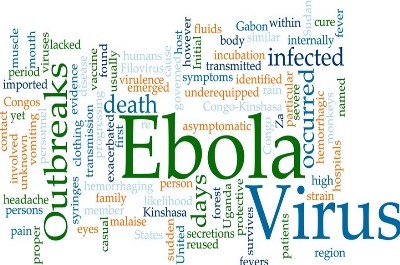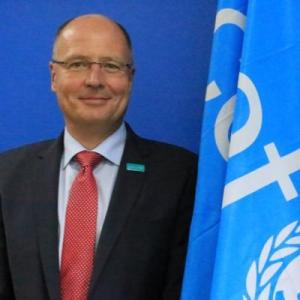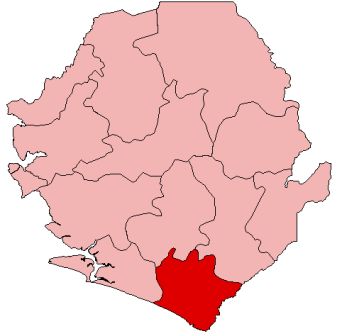UNICEF Ebola response: Survivors to join fight against deadly virus in Sierra Leone
GENEVA/KENEMA, Sierra Leone, 15 October 2014 – Thirty-five Ebola survivors are meeting this week in Kenema, one of the epicenters of the Ebola outbreak in Sierra Leone, to share their experience of Ebola, learn how to deal with its psychological aftermath, and find ways to help infected community members.
Organized by the Ministry of Social Welfare, Gender and Children’s Affairs, with support from UNICEF, the US Centers for Disease Control and other partners, the gathering is the first in a series of similar events planned over the next few months to enlist people who have survived the deadly disease and are now immune to it, in the response to Ebola.
“Sierra Leone is facing one of the biggest crises in its history, and to defeat Ebola we need the help of every citizen,” said Hon Alhaji Moijue Kaikai, Minister of Social Welfare, Gender and Children’s Affairs. “People who have survived Ebola give hope to others who are still fighting the disease. We need to accept survivors and welcome them back to our families and our communities. We appeal to all partners to join in the fight against Ebola with action not words.”
In Kenema, the survivors participating at the meeting will hear from experts on how to deal with trauma and stigmatisation. Health professionals will also work to equip them with the knowledge they need to support health and community workers in caring for quarantined persons in communities and in treatment centres.
“A key challenge that parents, care workers and many of us working on the Ebola response are facing is how to care for children who have been affected or infected with Ebola without putting their care givers at risk,” said Roeland Monasch, UNICEF Representative in Sierra Leone. “One creative way to address this gap is to work with Ebola survivors who can provide these children with the love, care and attention they so badly need.”
In a climate ruled by fear, people who have been exposed to, and survived Ebola, are often shunned by their communities. A recent UNICEF survey of 1,400 households across the country found that Ebola survivors face high levels of stigma, shame and discrimination from communities, undermining their ability to rebuild their lives. Children are particularly vulnerable, especially when they or their parents have to be isolated for treatment.
About 96 per cent of households in the study reported some discriminatory attitudes toward people with suspected or confirmed Ebola, and 76 per cent said they would not welcome someone who was infected with Ebola back into their community, even if that person has recovered.
The conference will also see the launch of a new psychosocial training manual for Ebola-affected communities, and survivors will have the chance to meet mental health and psychosocial experts.
UNICEF is planning to train Ebola survivors during similar meetings across the country over the next 6 months. According to World Health Organization estimates, more than 650 adults have survived Ebola since the beginning of the outbreak in Sierra Leone.
About UNICEF
UNICEF promotes the rights and wellbeing of every child, in everything we do. Together with our partners, we work in 190 countries and territories to translate that commitment into practical action, focusing special effort on reaching the most vulnerable and excluded children, to the benefit of all children, everywhere.
Stay with Sierra Express Media, for your trusted place in news!
© 2014, https:. All rights reserved.






